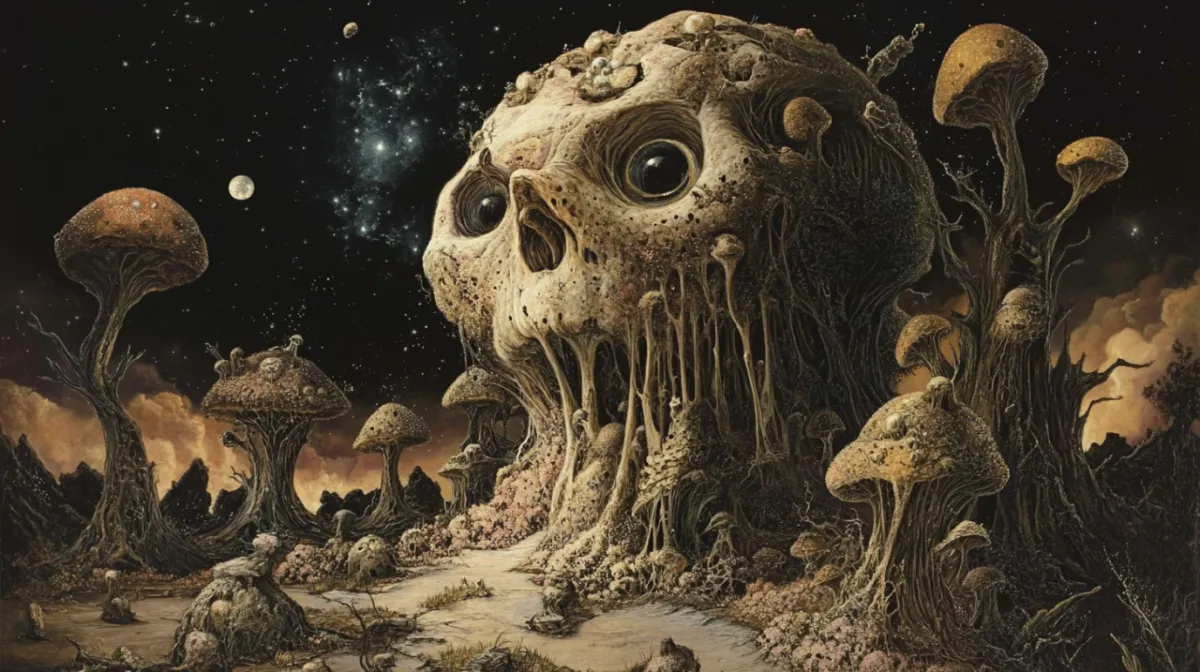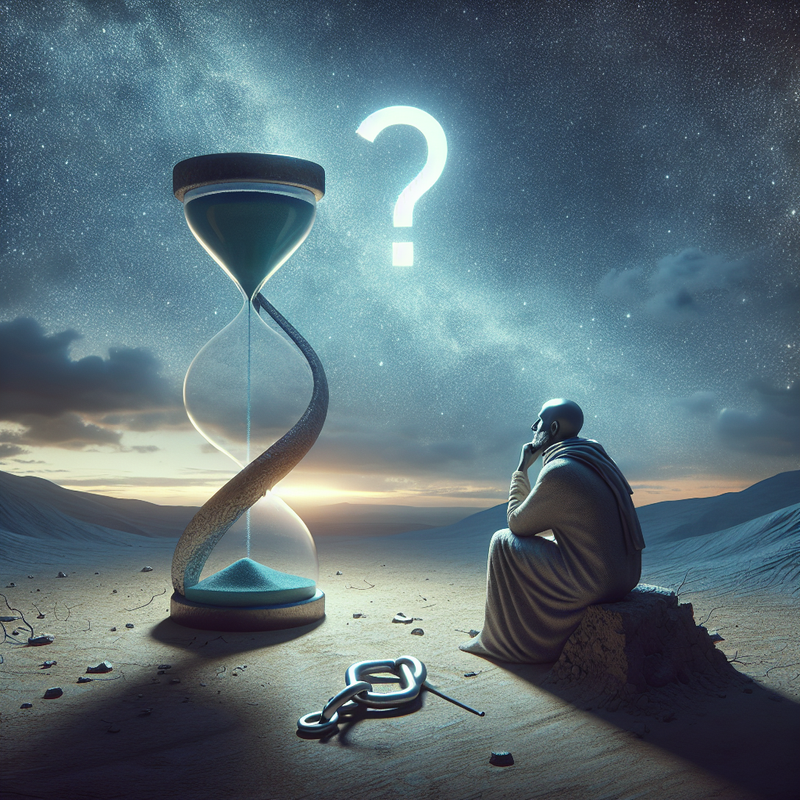Who the Hell was... Foucault and Sartre?
Michel Foucault and Jean-Paul Sartre: Existential Dread
Michel Foucault (1926-1984)
Meet Michel Foucault, the French philosopher who turned our understanding of power and knowledge upside down. With works like Discipline and Punish and The History of Sexuality, he explored how institutions shape our lives and identities. Foucault introduced us to concepts like biopower and governmentality, showing that power isn’t just top-down; it’s woven into everyday life. Though not a traditional existentialist, his ideas about how societal norms influence us add a fascinating twist to existential thought.
Jean-Paul Sartre (1905-1980)
Now let’s talk about Jean-Paul Sartre, the poster child of existentialism. He famously claimed, "existence precedes essence," meaning we create our own meaning in a chaotic world. Sartre’s works, like Being and Nothingness and Nausea, dive deep into individual freedom and responsibility. He believed we’re “condemned to be free,” which sounds dramatic but captures the essence of existential angst beautifully. Sartre famously never got any "likes" during his lifetime, selling his first books posthumously.
While Sartre is the face of existentialism, Foucault adds an intriguing layer. Sartre focuses on personal freedom, while Foucault examines how societal structures can limit that freedom. Together, they challenge us to think about our identities and the forces that shape them.
In short, Foucault and Sartre are like the dynamic duo of philosophy. One shines a light on personal choice, while the other reminds us of the invisible strings society pulls. Their ideas continue to spark conversations about freedom, identity, and the human experience.
For my articles in this series, visit or bookmark the following;

Brent Antonson: Where Extraordinary Recall Sparks Insight.







